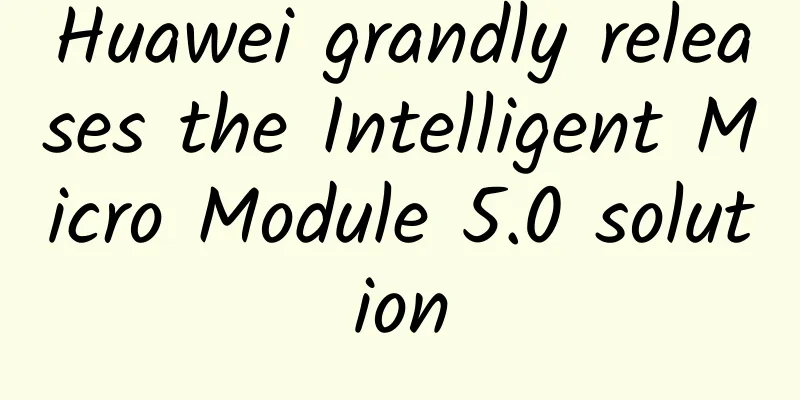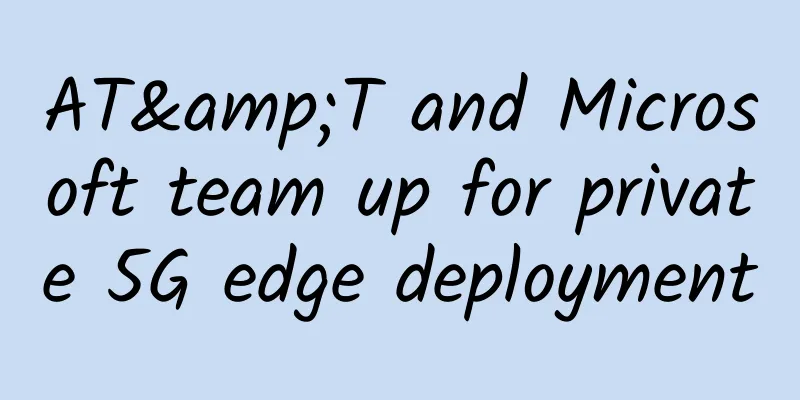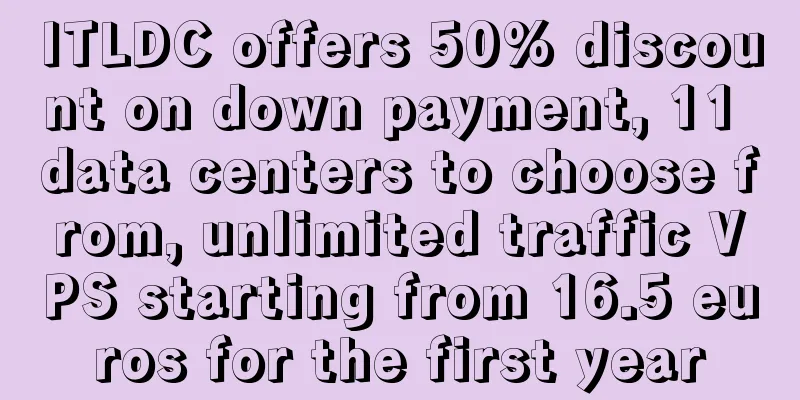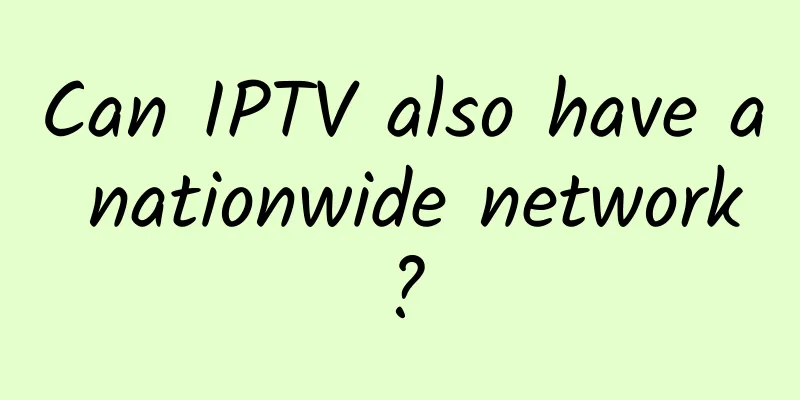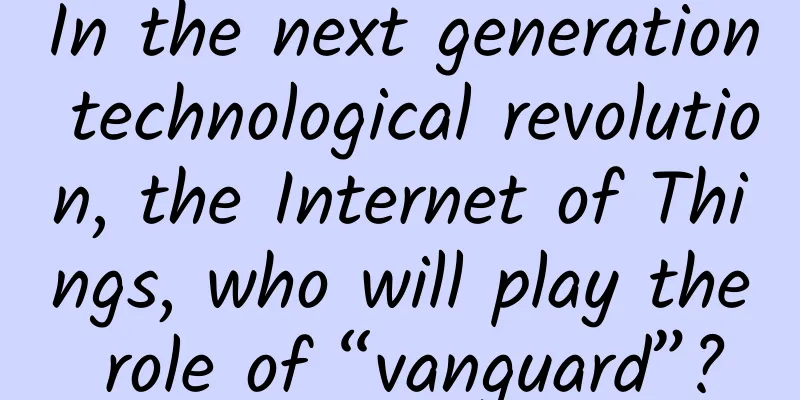Advantages of Web 3.0 in Business Models

|
Web 3.0 is the upcoming third generation of the internet that will enable websites and applications to process information in an intelligent, human-like way. Web 3.0 in business models will allow businesses to utilize their websites more efficiently than ever before. Imagine a new version of the Internet, where all content consumed is more personalized than ever before, not only understanding everything a user expresses, but also accurately interpreting what a user types, says, or transmits through other media. The evolution of the web is approaching a defining moment in a new phase. Some early adopters are calling it - Web 3.0. Web 3.0 can basically be summarized as data connected in a decentralized network, which will be a significant improvement over the current Internet generation, where data is mainly kept in centralized repositories. The use of Web 3.0 in business models is considered a step forward for businesses, as it has the potential to correct many of the mistakes that have occurred in business operations to date. The impact of Web 3.0 on businesses will be to enhance their visibility and make them more user-centric. The wrong way businesses have handled customer data in the past will undergo a fundamental shift. New and old businesses alike will be open to blockchain and the possibilities that this technology offers, addressing the question of how businesses will embrace Web 3.0 technologies. Applications will get a blockchain makeover, making everything transparent and accessible to everyone. 1. Contract ManagementWeb 3.0 makes contracts more effective and visible to all parties because they are recorded on the blockchain rather than in a single computer system. This will mean less data leakage, less likelihood of contractual conflicts, and more efficient contract management. 2. Simplify the processThanks to the advent of Web 3.0, businesses will find it simple to keep track of all parties involved in the transaction ledger. In addition, businesses will be able to easily build and manage their supply. Smart contracts can automate all contracts, thereby streamlining business processes. 3. Data securityIn Web 3.0, everything is decentralized, transactions are transparent, and a secure ledger system can be developed that makes it more difficult for hackers to access sensitive information about corporate customers. Businesses do not have to worry about any type of data theft because data cannot be unethically altered or destroyed. 4. Faster access to dataFor businesses, data is the most important asset. Thanks to Web 3.0’s decentralized, immutable ledger system, businesses can quickly gain insightful information from massive amounts of data at a lower cost, making it easier to collect detailed information about customers in real time. 5. Consumer satisfactionBy using blockchain to generate tamper-proof transaction records, Web 3.0 technology will increase transparency and trust between businesses and their customers. Customers will be able to track where their products go at every stage using a real-time supply chain view. This way, customers will have a sense of security, resulting in customer satisfaction. SummarizeWeb 3.0 in business models will bring a huge revolution to the business world by eliminating the need for intermediaries and improving the efficiency and reliability of transactions between businesses, customers, suppliers, and employees. Joining the Web 3.0 bandwagon will give every organization the opportunity to gain an advantage over its competitors and take its business to new heights. |
<<: Private 5G: Accelerating towards the Fourth Industrial Revolution (4IR)
>>: Dewu CDN domain name convergence and multi-vendor disaster recovery optimization practice
Recommend
HostDare: 10% off on CKVM series VPS, Los Angeles CN2 GIA line VPS starting at $44.99 per year
Including the Los Angeles NVMe SSD KVM VPS series...
Justhost updates system templates, 18 data centers with unlimited traffic VPS starting at $1.07 per month
Justhost sent a lot of emails about changes and u...
my country successfully developed a 62-bit quantum computing prototype "Zu Chongzhi"
In the field of quantum computers, my country'...
Aruba's next-generation network solution revolutionizes traditional network management
Aruba, the world's leading provider of next-g...
AlphaVPS: €2.99/month-AMD Ryzen, 1G RAM, 15G NVMe hard drive, 1TB monthly bandwidth, Los Angeles/Bulgaria data center
AlphaVPS is a foreign hosting company founded in ...
TripodCloud: San Jose CN2 GIA line KVM half year 39 US dollars, CN2 GIA large hard disk VPS half year 44 US dollars
TripodCloud is a Chinese VPS service provider fou...
China Telecom's Zhang Xin: 5G network co-construction and sharing faces three major challenges
[[408214]] On June 30, at the "5G Co-constru...
Just one click to start your journey into Huawei's ICT virtual exhibition car
[51CTO.com original article] The Huawei Enterpris...
Friendhosting Halloween 30% off, 13 data center VPS monthly payment from 2.1 euros
Friendhosting has launched this year's Hallow...
China builds quantum communication network to resist all known hacker attacks
On January 7, news came from the University of Sc...
Three-minute review! A quick overview of 5G industry development trends in December 2021
After the rapid development in 2020, 2021 is a cr...
Hengchuang Technology 618 special offer, cloud server as low as 28% off, US/Japan/Hong Kong CN2 line annual payment starts from 296 yuan
Hengchuang Technology has released this year'...
Microsoft: Open RAN is crucial to network cloudification and the two will eventually merge
In a comment document submitted to the US Federal...
Can Chrome DevTools' Network be used like this?
If you were to pick the most used feature in Chro...
The Heart of Smart Devices: Understanding Semiconductor Sensors
At the heart of smart devices lies a complex worl...
